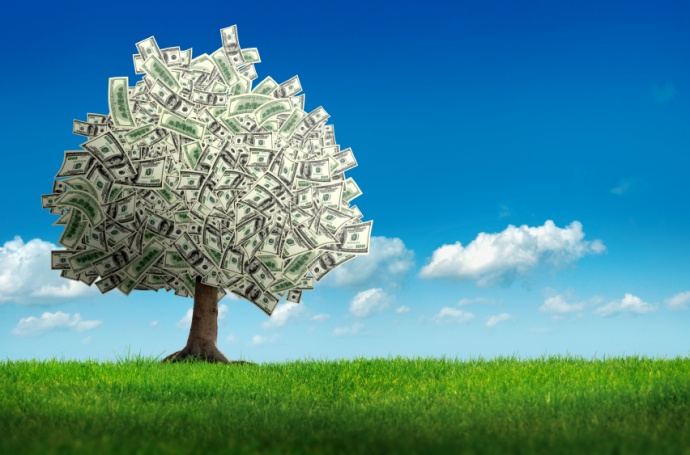Monsanto Attempts Bold PR Move
WARNING: SATIRE. The following is intended to give you a break from the heave ho that is life. For the most part, if it sounds too good to be true, it isn’t.
By Vanessa Wolf
Sources indicate Monsanto is back in the lab.
The multinational biotechnology corporation often makes worldwide headlines for its Roundup brand, an herbicide that works in conjunction with genetically engineered seeds.
In May of this year, Hugh Grant (not the actor), CEO of Monsanto, was interviewed by Bloomberg News and commented that “opponents of genetically-engineered crops, who can afford to choose what kind of food they buy, aren’t concerned with the needs of the rest of the world. Their opposition is preventing those in need from getting access to cheaper food.
“There is this strange kind of reverse elitism: If I’m going to do this, then everything else shouldn’t exist,” Grant (not the actor) told Bloomberg.
Obviously, that went over like a ton of bricks with those snobs regularly protesting and picketing the food industry Goliath.
Perhaps acknowledging their relative unpopularity with small farmers, political activists, and concerned consumers alike, Monsanto has recently announced their latest project and sources indicate the hope is to sway public opinion their way.
In addition to products that have been genetically modified to increase resistance to pests, prolong freshness or increase flavor, the multinational giant has allegedly turned to a popular magic trick for inspiration.
It seems Monsanto has a vision of a future where peeling a grapefruit could result in more than just a bright clean scent and juicy flesh, but the discovery of a sticky Jackson, Ulysses S. Grant, or Benjamin inside.
That’s right: money could very well start growing on trees.
Dr. Darren Haskell has been charged with spearheading the team tasked with creating the genetically modified Citrus Paradisi, or grapefruit tree.
“It’s posing a real challenge,” he commented tersely.
PR representative for the project, Leah Schroeder chimed in immediately, “It’s going to change lives.”
She smiled brightly and continued, “We have our best and brightest – led by Dr. Haskell – on the job. What could possibly go wrong?”
As the scientist looked around nervously and declined comment, Schroeder continued, “Have you ever seen a magic show where the magician has someone in the audience donate a $20 bill and then it is later discovered inside an orange? That’s where the idea came from.”
Haskell, shaking his head ruefully, added, “I’d personally never seen this done, but I was shown a series of YouTube videos and told to ‘make it so.’”
With a look in his eyes that could only be described as terrified, Haskell seemed to struggle for words, and was quickly silenced by Schroeder. Her smile was bright as she playfully jabbed the scientist in the rib cage.
A few moments later, he recovered and continued, “Let me say again: it’s a challenge. Fruit has been genetically modified before, but mostly to increase pest resistance or prolong ripeness. In the 1990s, bananas were genetically modified to contain hepatitis B vaccine.
“However, one of the primary challenges of this project is that money doesn’t have DNA, per se.
“US currency is made from 75% cotton and 25% linen fibers, so that’s a starting place. We have, of course, looked into utilizing the ink genes that occurs in certain species – octopus or squid, for instance – but there’s a plastic security thread in each piece of US currency. What am I supposed to do about that?”
Glancing around nervously, he lowered his voice and confided, “Between you and me, the odds that this comes to fruition – no pun intended – are pretty much zilch.”
Schroeder quickly intervened a final time, explaining, “He’s just playing coy. The bottom line is that the science is proprietary. It’s in our best interest to keep details to a minimum at this juncture, as we can’t risk someone else stealing this idea and copying it before we get all the patents in place.”
“We’re on the American consumer’s side,” she concluded. “Monsanto won’t rest until everyone has their own money tree and a fresh-squeezed glass of juice every morning!”
Representatives for the Federal Reserve Board and the Florida Citrus Processors Association were unavailable for comment.
Have an idea for a fun, funny or thought-provoking story or topic? Get in touch: we want to hear from you. – Vanessa (@mauinow.com)











